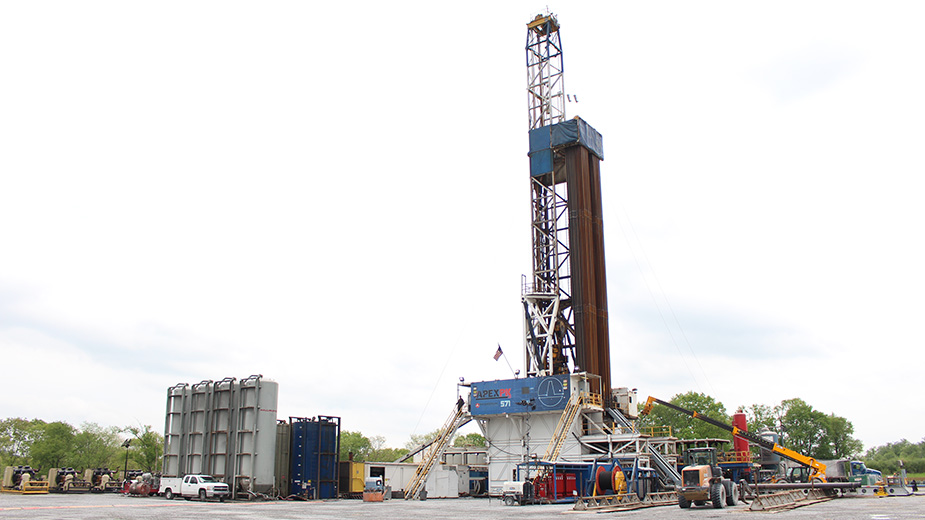Youngstown Ballots Will Have Anti-Fracking Measure
YOUNGSTOWN, Ohio – Beginning with military ballots going out this weekend, a proposed amendment to the Youngstown charter that would prohibit hydraulic fracturing within the city will appear on the Nov. 3 ballot.
This follows the decision yesterday of the Ohio Supreme Court in favor of the city.
The city of Youngstown sought to compel the Mahoning County Board of Elections to place the issue on the general election ballot after the elections board Aug. 26 would not certify the petitions submitted by FrackFree Mahoning County. Two day earlier, City Council passed an ordinance requesting that the proposed “Community Bill of Rights” be placed on the ballot.
Before the board of elections’ action, Ohio Secretary of State Jon Husted had said ballot initiatives in Athens, Fulton and Media counties related to oil and gas exploration attempted to circumvent state law.
The state Supreme Court unanimously ruled that while an elections board “has discretion to determine whether a proposed ballot measure satisfies statutory prerequisites to be a ballot measure,” it lacks “authority to sit as arbiters of the legality or constitutionality of a ballot measure’s substantive terms.”
“We’re very pleased with the decision,” Youngstown Law Director Marty Hume said today. The city had filed “to vindicate the people’s right to petition their government,” he said.
The elections board will abide by the ruling, said board member Mark Munroe. The issue will appear Nov. 3 well as all ballots mailed earlier, he said.
“The board made preparations to go either way,” he said. At its next regular meeting, likely in October, the board will act to certify the issue on the ballot.
“There is no urgency for the board to meet in the next 24 hours,” he added. “The staff is already prepared to implement the court’s order.”
Munroe took issue with the part of the court’s decision that says the board lacks the authority to rule on the issue’s constitutionality.
“That’s not what we did,” he said. In February, the courts ruled that local governments don’t have the power to regulate oil and gas operations, an authority reserved for the Ohio Department of Natural Resources.
“Based on that court ruling, we felt that the petitions that were circulated in the city of Youngstown were invalid and they proposed to do something the Ohio Supreme Court had already ruled could not be done,” he said. “On that basis we felt we were on firm legal ground to not certify the issue.”
Munroe also deemed “unfortunate” the issue going before Youngstown voters for the fifth time. “It’s an abuse of the initiative process when the proponents of the anti-fracking amendment refuse to take ‘no’ for an answer,” he remarked.
Copyright 2024 The Business Journal, Youngstown, Ohio.


